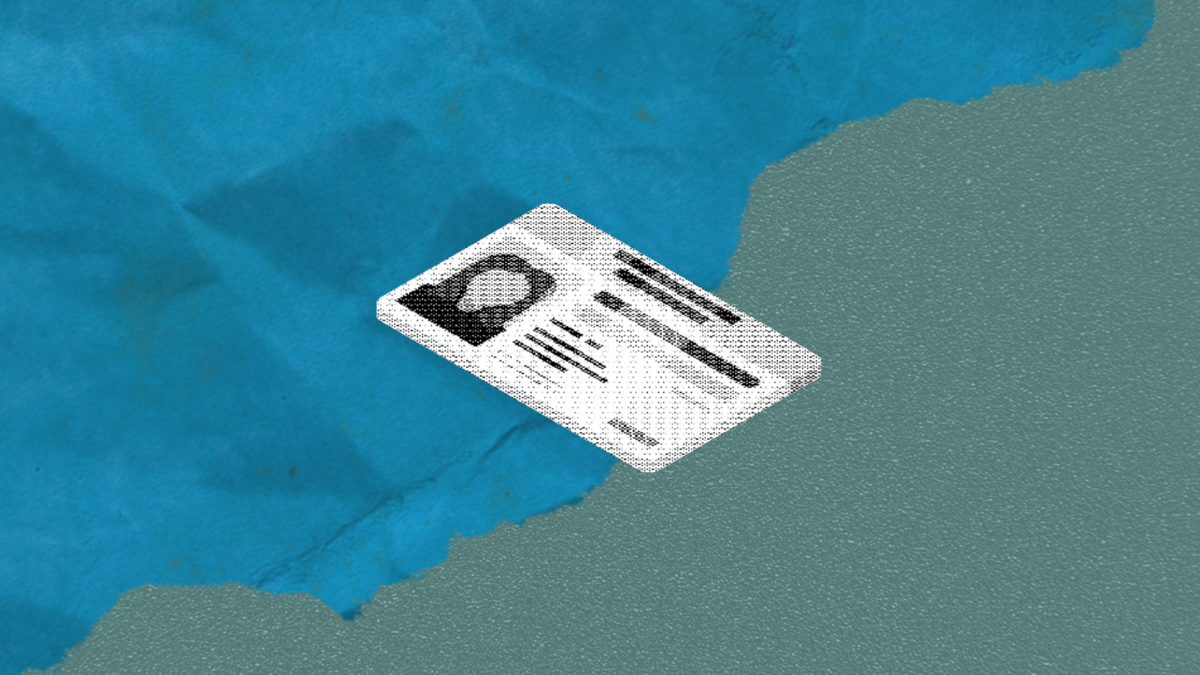Source: NC Newsline
This year marked the first time photo ID has been required for North Carolina voters casting ballots since a similar law was temporarily in effect for the 2016 primaries.
The requirement comes after years of legal battles between Republicans and voting rights groups, who allege that the law is part of voter suppression efforts happening in the state.
“The voter ID requirement is racially motivated, intentionally motivated and strategically motivated,” Danielle Brown, the deputy national field director of the Black Voters Matter Fund, told Carolina Public Press.
During this year’s municipal elections, the controversial photo ID law did cause confusion, and in some cases, misapplications of the law, according to voting rights groups.
Voter advocacy groups, Democracy NC, Common Cause NC, and the League of Women Voters, along with other organizations, observed and recorded how local elections boards in 35 counties were implementing the new photo ID law.
N.C. Newsline reports that the advocacy groups found that some local elections board members “were confused about the requirements or didn’t want to follow state board instructions, as well as voters who were given inaccurate information”.
For one instance, a county board had a discussion over whether they should accept the ID exception form filled out by an older voter with an out-of-state license who doesn’t drive anymore, Marian Lewin, vice president of the League of Women Voters of North Carolina, told N.C. Newsline.
The advocacy groups found that in some counties, voters were turned away if the address on their ID and their voter registration home address didn’t match. According to N.C. Newsline, the IDs are not supposed to be used to match addresses.
“There’s a fair amount of variation. That’s not ideal in a statewide election where you’d like every voter to be treated the same way regardless of where they live,” stated Lewin.
“We’ve seen a lot of inconsistency with training. Some boards are being more critical and skeptical about voters’ intentions.”
N.C. Newsline reports that statewide, 44 ID exception forms were rejected, with 30 of those rejections coming from Mecklenburg County.
As the 2024 general election draws closer, more than 5 million people are expected to vote, and with the Republican photo ID law in place, voting rights advocates are concerned that many voters will be prevented from making their voices heard.
“It is a direct response to the increased political power of Black and brown voters,” Jeff Loperfido, the interim chief counsel for voting rights at the Southern Coalition for Social Justice, told Carolina Public Press. “This has been a historical pattern in North Carolina, where gains are made by Black and brown voters and then those who hold power respond to that.”





